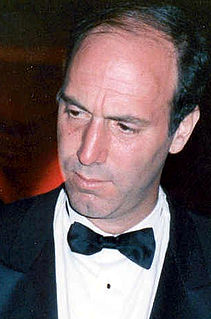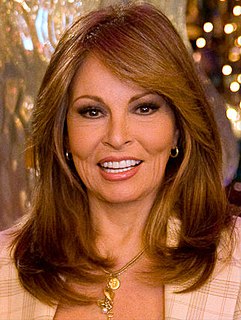A Quote by Russell Kirk
Rather than ennobling the public mind and cementing the social fabric, applied science speedily became the chief weapon of a gross individualism, which was anathema to the frugal and righteous (John Quincy) Adams, the source of enormous fortunes divorced from duty, the instrument of unscrupulous ambition and rapacious materialism. Presently, it came to scar the very of the country which Adams loved, a disfiguring process uninterrupted since his day.
Related Quotes
According to Adams, Jefferson proposed that he, Adams, do the writing [pf the Declaration of Independence], but that he declined, telling Jefferson he must do it. Why?" Jefferson asked, as Adams would recount. Reasons enough," Adams said. What can be your reasons?" Reason first: you are a Virginian and a Virginian ought to appear at the head of this business. Reason second: I am obnoxious, suspected and unpopular. You are very much otherwise. Reason third: You can write ten times better than I can.
But we also know that the very founders that wrote those documents worked tirelessly until slavery was no more in the United States. I think it is high time that we recognize the contribution of our forbearers who worked tirelessly, men like John Quincy Adams, who would not rest until slavery was extinguished in the country.
John Quincy Adams ranks with Jimmy Carter on the roster of ex-presidential redemption. Instead of completing a biography of his father, he let himself be elected to the House, where he spent nine terms in Whiggish opposition to the Democrats, supporting a national bank and a protective tariff and internal improvements.
I think [John Adams's] influence on the federal Constitution was indirect. Many including James Madison mocked the first volume of Adams's Defence of the Constitutions of the United States in 1787. But his Massachusetts constitution was a model for those who thought about stable popular governments, with its separation of powers, its bicameral legislature, its independent judiciary, and its strong executive.

































